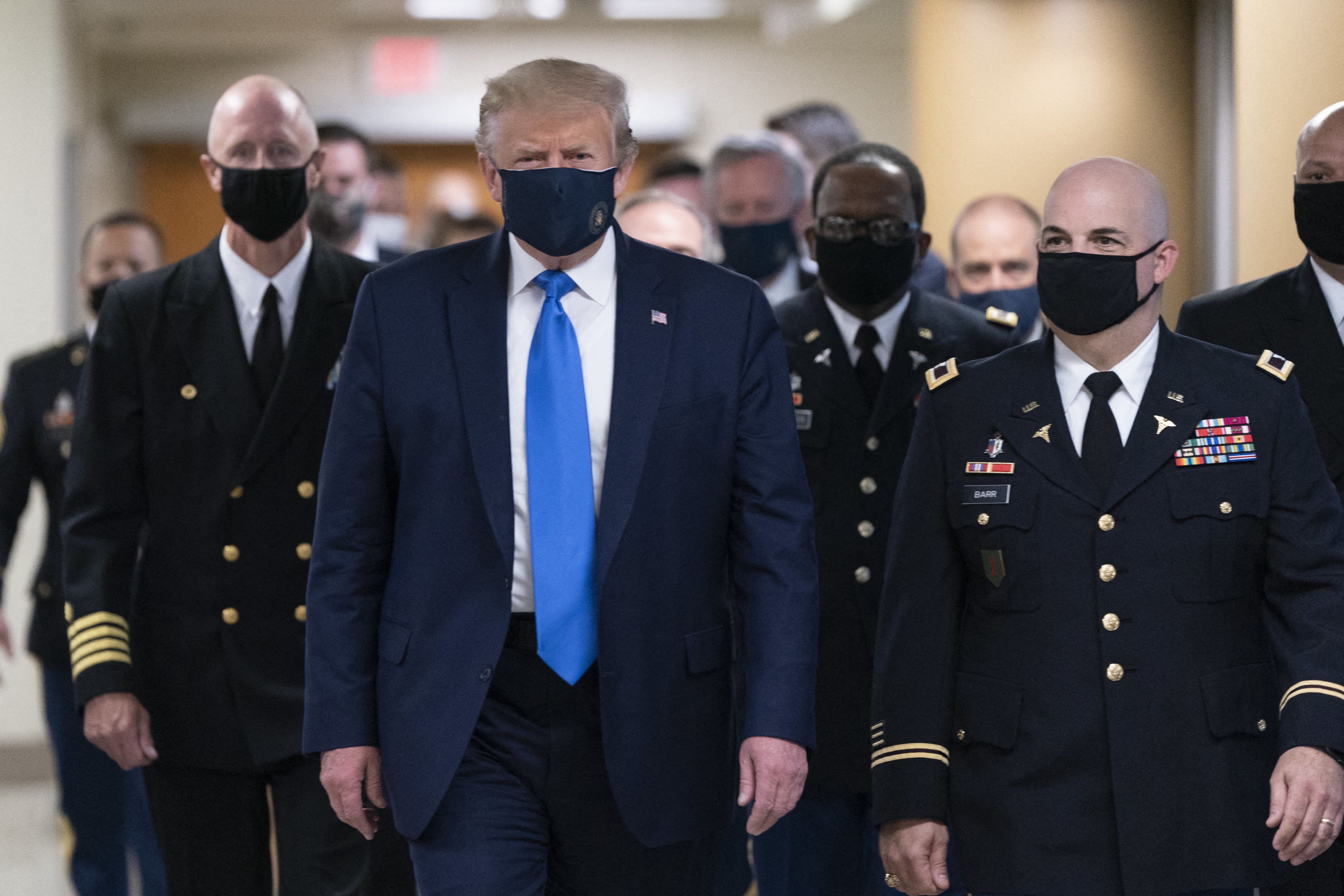News
August 25, 2020
31: Only 31 percent of Americans say they trust President Trump on the coronavirus pandemic, compared to 46 percent for his opponent Joe Biden, according to a new poll. Trump has been under fire for playing down the importance of COVID-19, touting the benefits of untested drugs to combat the disease, and claiming that the US is doing a good job on the pandemic despite leading global cases and deaths.
500,000: More than half a million new users have joined a new Facebook group created by a Thai activist who openly criticizes the monarchy, until recently a taboo subject in Thailand. The group was set up by another dissident just hours after the social media giant complied with a government order to block access to a similar Facebook group with over a million members.
0: African health authorities have declared the continent free from the wild poliovirus. However, Africa has not yet completely eradicated the so-called vaccine-derived polio virus, a rare mutated form of the disease that is in fact caused by the vaccine against the wild poliovirus.
320 billion: The global tourism industry lost about $320 billion in the first five months of 2020, as tourist arrivals have more than halved around the world and more than 120 million tourism-related jobs are still in jeopardy. "Tourism has been devastated by the COVID-19 pandemic," UN Secretary-General António Guterres said on Tuesday.
More For You
Miami Mayor-elect Eileen Higgins points as she thanks her staff and supporters on the night of the general election, on Tuesday, Nov. 4, 2025.
Carl Juste/Miami Herald/TNS/ABACAPRESS.COM
A Democrat won Miami’s mayoral race for the first time in nearly 30 years. The Republican defeat will ring some alarms for the party – and their support among Latino voters.
Most Popular
Walmart’s $350 billion commitment to American manufacturing means two-thirds of the products we buy come straight from our backyard to yours. From New Jersey hot sauce to grills made in Tennessee, Walmart is stocking the shelves with products rooted in local communities. The impact? Over 750,000 American jobs - putting more people to work and keeping communities strong. Learn more here.
© 2025 GZERO Media. All Rights Reserved | A Eurasia Group media company.
